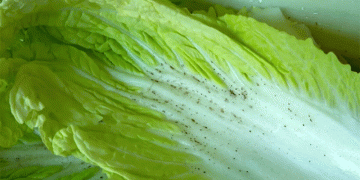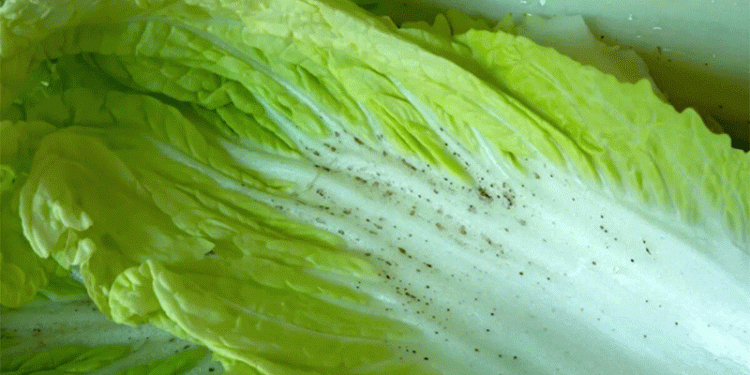In a stark reminder of the constant threat posed by global agricultural trade, the Russian Federal Service for Veterinary and Phytosanitary Surveillance (Rosselkhoznadzor) has successfully prevented a significant biosecurity breach. A 15-ton shipment of Chinese cabbage destined for the Kaliningrad region was intercepted and denied entry after inspectors at the Sirius phytosanitary checkpoint identified a quarantine pest: the Western Flower Thrips (Frankliniella occidentalis). Laboratory analysis confirmed the presence of this highly destructive insect, leading to a mandatory order for the entire consignment to be sterilized or destroyed.
The Western Flower Thrips is not a pest to be taken lightly. It is a polyphagous insect, meaning it feeds on a vast range of hosts. It is a known pest of all vegetable crops and a wide array of ornamental plants. Its damage is twofold: first, through direct feeding, which causes silvering, scarring, and deformation of leaves and fruits, rendering produce unmarketable. Second, and more critically, it is an efficient vector for several devastating tospoviruses, most notably the Tomato Spotted Wilt Virus (TSWV) and Impatiens Necrotic Spot Virus (INSV).
The economic impact of an established thrips population can be catastrophic. A study published in Crop Protection estimated that the invasion and subsequent management of Western Flower Thrips costs the global horticulture industry hundreds of millions of dollars annually. In protected environments like greenhouses, which are common in Kaliningrad for vegetable production, they are exceptionally difficult to eradicate due to their small size, high reproductive rate, and ability to develop resistance to insecticides. The European and Mediterranean Plant Protection Organization (EPPO) lists it as an A2 quarantine pest, prioritizing actions to prevent its further spread.
This interception highlights the vital role of national plant protection organizations (NPPOs) like Rosselkhoznadzor. Their work at border checkpoints, supported by skilled entomologists and modern diagnostic labs, is the first and most critical line of defense for a country’s agricultural sector. The decision to deny entry and mandate disinfection, while costly to the importer, is a necessary measure to protect the broader farming community from potential devastation.
The interception of the infested Chinese cabbage shipment is a successful case study in effective phytosanitary governance. It reinforces the non-negotiable need for rigorous import inspections and a zero-tolerance policy for quarantine pests. For farmers, agronomists, and policymakers, this event serves as a critical reminder that global trade inherently carries biological risks. Maintaining strong border biosecurity, investing in diagnostic capabilities, and adhering to strict international phytosanitary standards (ISPMs) are essential investments in safeguarding domestic food security, agricultural productivity, and economic stability from invasive species threats.































